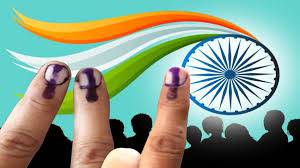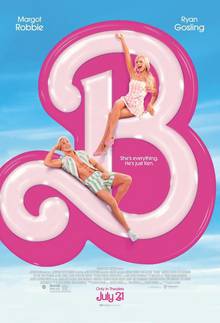Senthil, a mechanical engineering graduate from CEG, Anna University, started MADIEE- Making a Difference in Educational Experience to bring a change in the educational system present today. MADIEE emphasizes on the importance of liberal arts and humanities in the college education system using board games. They provide a variety of courses and workshops across 3 streams- liberal studies, creative arts and technological tools. Here is a quick interview with the Founder and Managing Director of MADIEE- Senthil.
- What inspired you to start MADIEE?
Coming from a background where my parents weren’t educated, I realized that education was the only way to come up in life. Nowadays, a lot of people are taking initiatives towards improving school education such as MAD (Make a Difference), Teach for India, LMES (Let’s Make Engineering Simple), etc. but there are very few who work to develop higher education. The next 15 years are the most crucial period for the current generation and that is MADIEE’s main focus.
- What changes do you propose to the present curriculum in schools and colleges?
Most of the engineering students in Tamil Nadu are first generation learners who join college without any guidance. According to them, college is the platform to figure out their interests. So, the “Lipstick strategy” should be implemented, where the students are provided with the resources to try various options in order to find their best suit. This is where electives come into play. Flexible and liberal electives are recommended, primarily economics, public policy, psychology and arts which enhances thinking in a new and different aspect.
- Why did you focus on providing liberal arts courses to engineers?
According to statistics, 50% of American colleges will be bankrupt due to the rise in students using online self-learning system. This system provides equal preference to the best performer as well as the least aspiring student.
The system where a bachelor’s degree from a reputed university ensures easy access to elite job positions will change soon. For instance, Zoho University takes in 12th drop outs from villages and trains them. These students are in demand at Google and Microsoft despite not having a degree. Thus we should eventually start focusing on the product and skills rather than the brands.
- Do you think the education system abroad is better than ours? Why do you think so?
I feel that we had good institutions like Nalanda, Takshashila etc. in the earlier days which were liberal universities. But today, we have institutions like IITs, IIMs, etc. which are single field institutions. Also many narrowly specialized institutions are opening up like ISI (Indian Statistical Institution), NIFT (National Institute of Fashion Design), etc. I don’t think we are moving forward in this way. However, many liberal institutions are present in the west.
For example, Facebook was not formed only by writing codes. It’s a culmination of both human psychology and coding. So we ought to learn humanitarian courses while we do engineering, like in liberal institutions. We see a lot of products from the west because they have several liberal institutions. So, when designing a new product, it should be economically viable, for which we should learn economics. I have been interviewing students doing projects, and I observed that they lag in this area.
I have seen many PhD research papers which lie redundant, as it lacked the social impact, planning and economic viability. There are many research projects which are coming up, but I don’t think they will create any changes in the society.
- You said that you want to inspire every person to be a teacher, rather than a learner. Why?
I feel that every person should be a learner at any point of time. Learning doesn’t stop in college is what I firmly believe in.
Nevertheless, I feel that if you are good at something, the best way to learn more is through teaching. There is a saying, “A teacher grows by teaching.”
- How would you describe your days in school and college?
In school, I wasn’t a studious kid, but I was an obedient student. I used to play cricket like many children in India. I also focused more on co- curricular activities like debates, etc.
After schooling, I moved to the city to do engineering. I started to experiment many things during college. I hadn't been to a city before and my college life gave me a lot of exposure. I was the captain of a team called BAHA, which we started in our 3rd year to manufacture cars. We won the Rank award in our final year. BAHA gave me a lot of memories to cherish about college.
After B.E., I did my M.S Research and then had the opportunity to be part of the Young India fellowship program which taught me a lot in life.
In the Young India fellowship program, they select 200-300 students across India from various domains like engineering, medicine, journalism, art, psychiatry, law, etc. and they study together in a residential program. That’s when I was exposed to liberal arts for the first time in my life.
I had two options- a fully funded PhD program in UK, and a fully funded Young India fellowship program. I opted for the latter because it had an age limit of 28 years. I learnt many things through this fellowship program. We made paintings, short films, learnt about gender sexuality and did other courses. I was a part of Harvard’s business program and also got an opportunity to work with startups. So it’s a mixture of 20 different courses that we cover in a year. This exposure changed me a lot. It’s open to all students with good grades. So give it a try and good luck!





